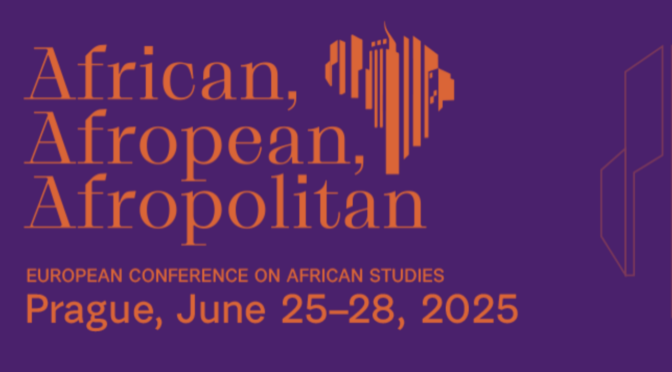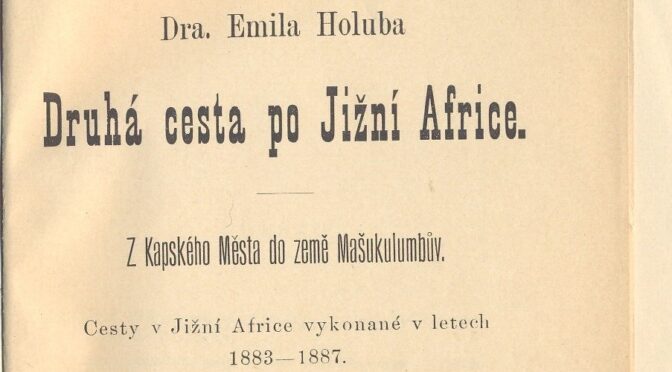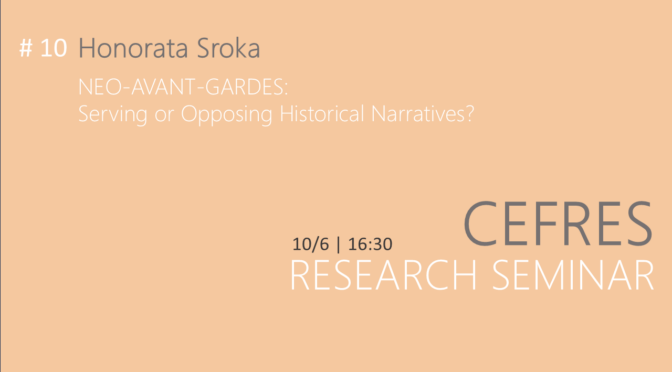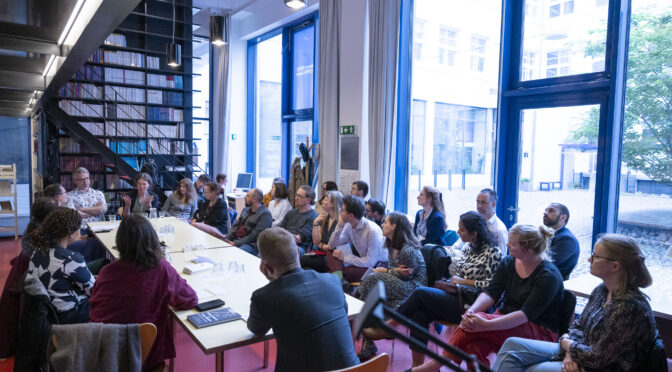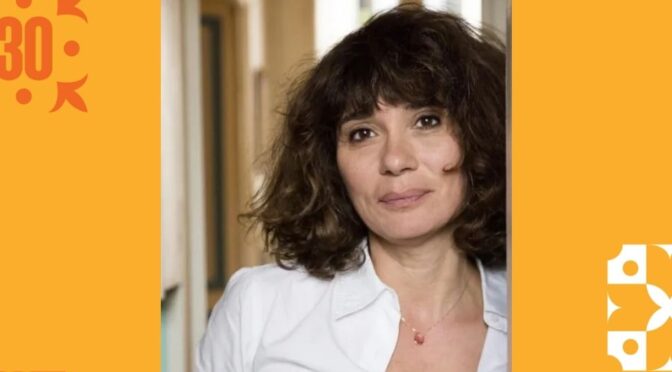To mark the 80th anniversary of the end of the Second World War, the Centre universitaire francophone of the University of Szeged, in partnership with the Regional Centre of the Hungarian Academy of Sciences and the Department of Modern History and Mediterranean Studies of the University of Szeged, is organising a conference entitled ‘Central Europe and Francophone Africa in the aftermath of the Second World War: crossroads’.
This event has been created in partnership with the French Research Center in Humanities and Social Sciences – Prague (CEFRES) and the French Institute in Hungary.
When: May 19 and 20, 2025
Where: Regional Centre of the Hungarian Academy of Sciences, Szeged
READ THE FULL PROGRAM HERE
Argumentary
This conference aims to interrogate post-history in two distinct regions that, at first glance, appear to share little in common, maintaining only distant relationships. However, when the fighting ended, both regions—considered peripherical—and their respective nations and populations experienced, simultaneously, an ambiguous and debatable liberation. With this paradox in mind, the conference seeks to highlight the inherent issues present in both regions within the broader perspective of the post–World War recomposition of the world, from which neither the European nor the African continent was exempt. The year 1945 marked the end of the dominance of traditional European powers and laid the foundations of the bipolar world order. These transformations had numerous repercussions for these regions, situated at the center of the superpowers’ geopolitical chessboard.
Taking a comparative approach, this conference positions itself as an open window into exploring the inherent or shared dynamics between Central Europe and Francophone Africa from the very end of hostilities onward. It also aims to describe the profound transformations, without losing sight of the fact that, although the year 1946 marked a rupture and a new beginning, it also belonged to the continuity of the old world.
Hence, the conference seeks to offer a space for reflection and dialogue between specialists of both regions—PhD students, early-career researchers, lecturers, and established scholars alike—to better understand the impact of the end of the Second World War on the contemporary history of Francophone Africa and Central Europe. The key perspectives proposed for discussion include:
- Central Europe at the end of the Second World War
- France and Central Europe from 1940 to 1950
- Francophone Africa in 1945
- The decolonization movements
- Gaullism and Africa

